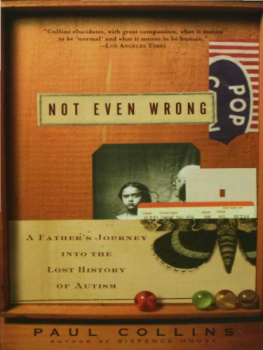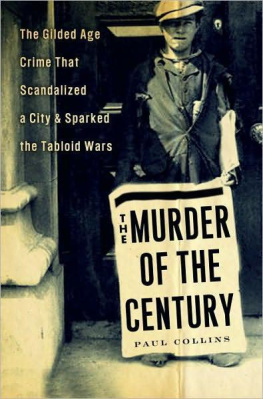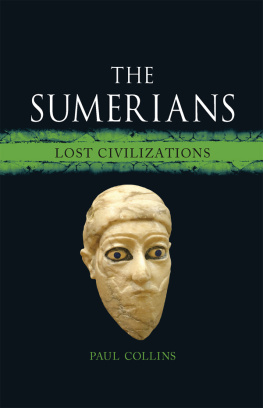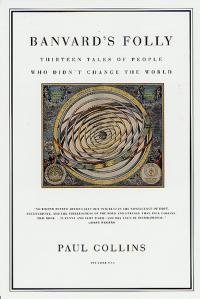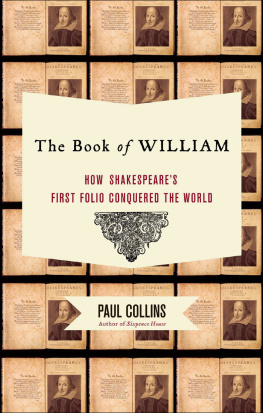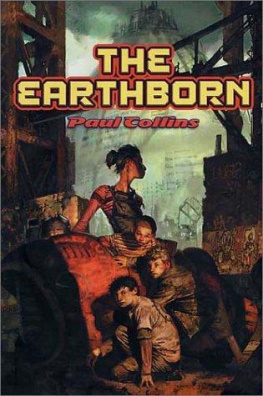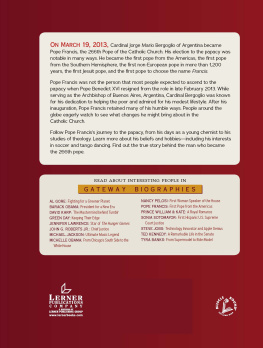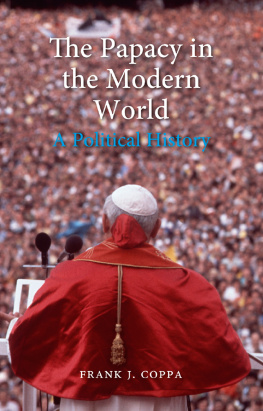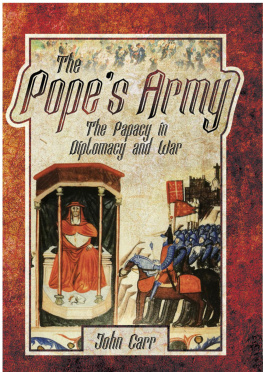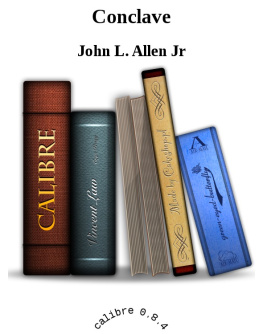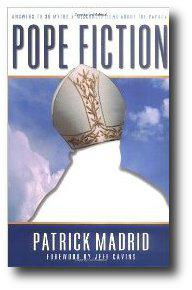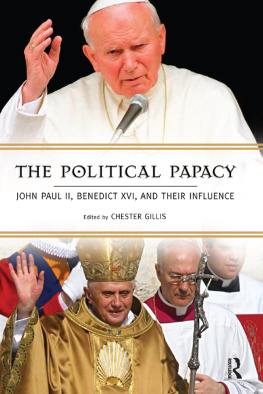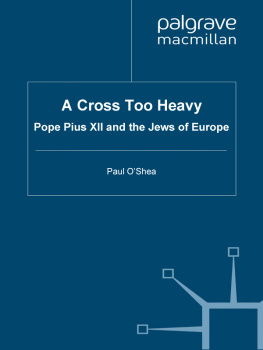Copyright 2018 by Paul Collins
Hachette Book Group supports the right to free expression and the value of copyright. The purpose of copyright is to encourage writers and artists to produce the creative works that enrich our culture.
The scanning, uploading, and distribution of this book without permission is a theft of the authors intellectual property. If you would like permission to use material from the book (other than for review purposes), please contact permissions@hbgusa.com. Thank you for your support of the authors rights.
PublicAffairs
Hachette Book Group
1290 Avenue of the Americas, New York, NY 10104
www.publicaffairsbooks.com
@Public_Affairs
First Edition: March 2018
Published by PublicAffairs, an imprint of Perseus Books, LLC, a subsidiary of Hachette Book Group, Inc. The PublicAffairs name and logo is a trademark of the Hachette Book Group.
The Hachette Speakers Bureau provides a wide range of authors for speaking events. To find out more, go to www.hachettespeakersbureau.com or call (866) 376-6591.
The publisher is not responsible for websites (or their content) that are not owned by the publisher.
Library of Congress Control Number: 2018932568
ISBNs: 978-1-61039-860-2 (hardcover), 978-1-5417-6200-8 (ebook)
E3-20180303-JV-PC
For two inspiring mentors:
Rev. John F. McMahon, MSC, and Professor Oliver MacDonagh
AAS | Acta Apostolicae Sedis (official Vatican bulletin) |
AL | Amoris laetitia (apostolic exhortation of Pope Francis) |
APSA | Amministrazione del Patrimonio della Sede Apostolica (Administration of the Patrimony of the Holy See) |
CDF | Congregation for the Doctrine of the Faith (Vatican) |
CDW | Congregation for Divine Worship (Vatican) |
CELAM | Latin American and Caribbean Bishops Conference |
COSEA | Reference Commission on the Organization of the Economic-Administrative Structure of the Holy See (Vatican) |
DJ | Dominus Jesus (declaration of the Congregation for the Doctrine of the Faith) |
FC | Familiaris consortio (apostolic exhortation of John Paul II) |
GS | Gaudium et spes (Vatican II document on the church in the modern world) |
HV | Humanae vitae (1968 encyclical of Paul VI on contraception) |
ICEL | International Commission on English in the Liturgy |
IOR | Istituto per le Opere di Religione (Vatican Bank) |
ITC | International Theological Commission |
JOC | Jeunesse Ouvrire Chrtienne (Young Christian Workers) |
LG | Lumen gentium (Vatican II document on the church) |
LS | Laudato si (encyclical of Pope Francis on the environment) |
NRM | new religious movement |
OD | Opus Dei |
PA | Pastor aeternus (Vatican I document on primacy and infallibility of the pope) |
PPI | Partito Populare Italiano (Italian Popular Party) |
RN | Rerum novarum (encyclical of Leo XIII) |
SB | Polish Secret Police |
SSPX | Society of Saint Pius X |
Vatican I | First Vatican Council (18691870) |
Vatican II | Second Vatican Council (19621965) |
VS | Veritatis splendour (encyclical of John Paul II) |
YCW | Young Christian Workers (see JOC) |
WYD | World Youth Day |
B OOKS ARE NEVER solo efforts, even though it looks that way, with the author working alone at a computer. But at least in nonfiction, you are dependent on the other people who have worked in the field, and the only way to acknowledge them is through the Notes and the Bibliography. So special thanks to all those scholars and thinkers whose work I have read and who inspired me. I have already written on this topic previously in my books Papal Power (1997) and Upon This Rock (2000). It is the election of Pope Francis that has brought me back to the topic.
I especially want to thank Professor Zbigniew Ka mierczak of the University of Bialystok for helping me understand John Paul IIs concept of the priesthood and its influence on the Polish pope. His books are referenced in the Bibliography.
Clive Priddle edited Absolute Power and made many valuable suggestions; its a much better book because of him. I am also in the debt of managing editor Michelle Welsh-Horst and copy editor Annette Wenda for all the care that they have taken to improve the manuscript. Special thanks also to my agent, Daniel Conaway, and to Taylor Templeton of Writers House in New York for all your work on behalf of the book.
Many friends provided both intellectual stimulation and social support during the task of writing, especially Frank Purcell from Catholics Speak Out and Peter Johnston and Peter Wilkinson from Catholics for Renewal. Attendance at the Gender, Gospel, and Global Justice Conference in Philadelphia in 2015 stimulated many ideas, especially in conversation with Kristina Keneally and Tony Flannery. Friends like Moira and Tom Hayes and Mary and Justin Stanwix have made sure real human contact has been maintained during the writing.
As always, my special thanks to my wife, Marilyn Hatton, who, having already journeyed with me in my excursion into tenth-century Europe in The Birth of the West (2013), has now accompanied me on this trip through papal history. She critically read the whole text and made many helpful suggestions. Thanks for all your love and support.
Paul Collins
Canberra, July 2017
I FIRST BECAME intrigued with the way the papacy uses power back in the mid-1990s when I was preparing two books, one on the history of the papacy and another on the way authority has been understood in the church. One of these books, Papal Power: A Proposal for Change in Catholicisms Third Millennium (1997), was delated (reported) to the Congregation for the Doctrine of the Faith, the former Holy Office of the Roman Inquisition, the Vatican department that guards orthodox doctrine. This led to an investigation of Papal Power by the CDF that dragged on for more than three years that led in the end to my resigning from the active priestly ministry. Interestingly, the CDF was no longer interested in the book once I rejoined the Catholic laity, and I heard nothing more of the investigation. As a result, I now apply the legal dictum qui tacet consentit , literally who keeps silence consents or silence denotes consent, and assume that the book is perfectly orthodox.
The subtitle of the book, A Proposal for Change in Catholicisms Third Millennium , explained my real intention in writing the book: I wanted to suggest ways in which Catholicism might continue to realize in church life something of the renewal proposed by the Second Vatican Council (19621965). You need to remember that the mid-1990s was a difficult period for progressive Catholics, as the Vatican II vision of a renewed church was being slowly whittled away. John Paul II had been pope since 1978, and it was abundantly clear that he, supported by traditionalist Catholics, was aiming at a kind of restoration that had little to do with Vatican II and, as we shall see later in this book, a lot to do with his own idiosyncratic vision of Catholicism.


